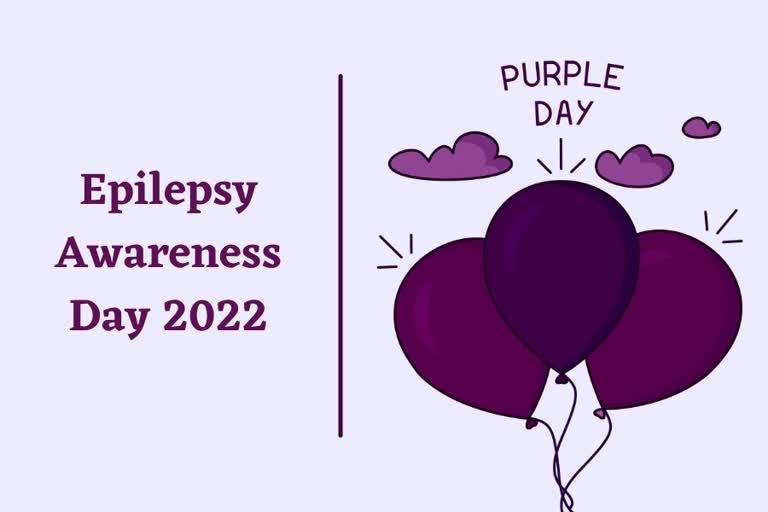People with epilepsy can lead a normal life, but it is the attitude of the society towards them that impacts the quality of their life, according to doctors. With recurrent seizures, people with epilepsy are at risk of frequent injuries, burns and even loss of life. They are stigmatised in society and discriminated against, while also struggling to establish relationships, get educated and being employed. However, an empathetic approach towards them will help them stay strong and lead a normal life.
Doctors provide answers to certain misnomers related to epilepsy. They inform that the healthcare in India has advanced to a great extent and now it is medically possible to evaluate and map the possibility of future seizures and prescribe required solutions. Hence tackling such problems has become easy now. "Medication is needed to control seizures and treat epilepsy and anti-seizure medications help to control seizures in nearly seven out of every 10 persons with epilepsy. Persons with epilepsy must strictly avoid self-medication and seek right medical advice to ensure that epilepsy is well controlled," said Dr. Sita Jayalakshmi, Senior Consultant Neurologist at KIMS Hospitals.
On additional causes that result in epilepsy, Dr. Amit Bhatti, Consultant - Neurology, Wockhardt Hospital (Nagpur), observed that even stress could sometimes cause epilepsy among people with weak nervous systems, and more stress could increase the severity of the problem. "It is important to note that stress affects brain development among children, which could have complications in the latter stages of life. In fact, the most common causes of onset seizures are the structural changes that occur to the brain."
Dr. Abhinay M. Huchche, Consultant Neurologist at SLG Hospitals, said: "Epilepsy can be treated and there is surgery route too. While the all-pervading myth has been that there is no treatment to epilepsy, historically patients have been put to various rustic and non-medical and unproven methods believed to tame epilepsy. This includes making the patient hold metal, shaking patients etc. On the positive side, the fact is that epilepsy has inexpensive yet effective medical solutions and around 70 per cent of those treated lead normal lives."
Commenting on understanding the problem, Dr. Suresh Reddy, Neuro Physician, Aware Gleneagles Global Hospitals, said anyone can develop epilepsy, and it affects both males and females of all races, ethnic backgrounds and ages. "Seizure symptoms can vary widely from some simply turning blank for a few seconds during a seizure, while others repeatedly twitch their arms or legs. Having a single seizure doesn't mean you have epilepsy. At least two seizures without a known trigger or unprovoked seizures that happen at least 24 hours apart are generally required for an epilepsy diagnosis."


